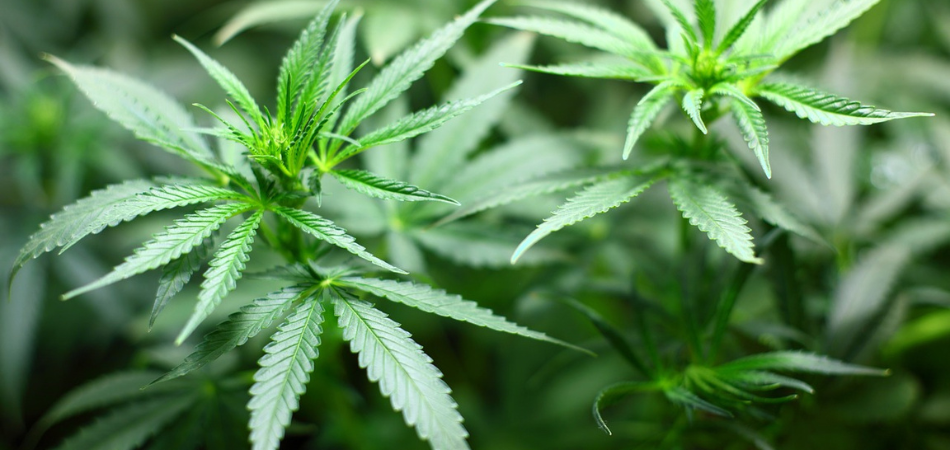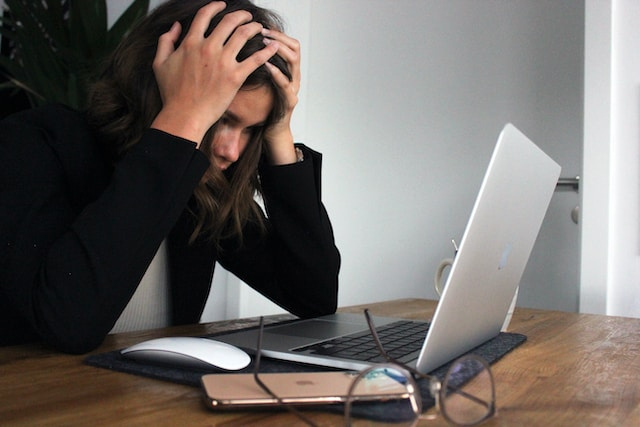Last Updated:
May 16th, 2025
Spice Addiction | Symptoms, Effects and Causes
Once just a shelf item in UK head shops, Spice has garnered a notorious reputation on UK streets. Often referred to as the “Zombie drug,” Spice plunges its users into deep paranoia, harrowing hallucinations and erratic behaviour. Sadly, the UK ban in 2016 has done little to curb its spread, leading to escalating cases of Spice addiction and abuse, which has reached almost epidemic proportions in certain communities. For those entangled in the grip of Spice addiction, understanding the dangers and where to get help can transform and even save lives.

What is Spice?
Spice is a complex blend of artificial chemicals sprayed onto dried plant material for vaping or smoking. It is designed to simulate the effects of THC which is why Spice is often called “fake weed” or “synthetic” cannabis. However, each batch of Spice can vary hugely, often to try and get around drug laws designed to regulate the chemicals often found in “legal highs” like Spice.
Spice initially emerged in the late 2000s when it was still legally available online and in head shops across Britain. It works by acting on the same cannabinoid detectors as weed, but the unpredictable reactions to the cocktail of chemicals found in Spice are often far more severe.
Some people may only feel a little high or sedated, but others can experience an intense sensory overload and even terrifying hallucinations. Other potential short-term side effects of Spice can include nausea, vomiting, aggression and rapid heartbeat.
The dangerous effects of Spice, as well as its addictive potential, saw it named a Class-B drug in the UK in 2016. However, Spice is still found across the UK, particularly in inner cities and among prison populations where abuse is rife.
What is Spice addiction?
Spice addiction is when you just cannot quit even when it begins to cause more harm than good. It usually starts like other forms of drug addiction where you use Spice to get high, relax or just hang out with friends. If you have a positive first experience, you then try Spice again and this repeated use can become a daily habit.
However, you will soon find that the amount you are taking each day begins to increase. Our bodies are incredibly adaptable, so Spice’s effects on the body become less and less potent.
This massively builds up the levels of Spice, which are constantly in your system. This tricks your brain into believing Spice is supposed to be there. It then comes to rely on Spice for functions the brain used to do on its own. If you quit, the brain takes some time to “remember” how to do its job without Spice, and this confusion is what causes Spice withdrawal.
But Spice addiction also has a very powerful psychological element. Many people begin to rely on it to cope with depression, stress, economic struggles and other personal issues. Alongside the unpleasantness of withdrawal, this makes giving up Spice very difficult as people are afraid to face these problems without it.
How to spot a Spice addiction early
Spice addiction can sneak up quietly but early detection can help prevent the most dangerous consequences. If you’re not sure whether you need help or not, here are some of the early Spice addiction signs and symptoms you need to be mindful of:
- Feeling like you need more Spice each time just to get the same buzz.
- Getting grumpy or feeling off when you haven’t used Spice.
- Missing out on work, friends or school life because of your Spice habit.
- Trying to stop or just use less Spice, but not being able to.
- Taking chances with your safety when you are under the influence of Spice.
- Putting yourself in debt with spiralling Spice costs.
- Seeing the damage Spice is doing but feeling powerless to stop.
These signs can be very scary, especially if you thought you had Spice use under control. If you notice any of them in yourself or someone else, now is the time to seek help for Spice addiction.
What causes a Spice addiction?
In a chemical sense, spice effects on the brain initially make it habit-forming. Its action on your cannabinoid detectors causes them to pump out dopamine, which makes you feel great. However, there are many people who are able to use Spice, even regularly, without becoming addicted. That is because Spice addiction isn’t driven by chemistry alone but is also shaped by:
The mental and physical dangers of a Spice addiction
As there are no set ingredients in Spice, every time you use it is a gamble. The biggest risk is Spice overdose, which can be fatal in the worst cases. The symptoms of Spice overdose can vary a lot depending on what exactly it is made from, but it can cause kidney harm, respiratory depression and cardiac arrest, all of which can lead to death. Some of the symptoms of Spice overdose to look out for include:
Aside from overdose, chronic Spice abuse can also cause rapid heartbeat, dangerously high blood pressure and irreversible organ damage.
Mentally, Spice abuse can make existing depression, anxiety and PTSD worse and can also lead to new mental health conditions. All of this can leave you detached from reality, isolated, lonely and put you in danger of self-harm or suicidal thoughts.
How to help someone with Spice addiction
Addressing addiction starts with a Spice detox under professional medical supervision. This critical first step helps mitigate the harsh effects of sudden withdrawal, ensuring a safer and more manageable transition away from dependency
The next critical step is to tackle the underlying reasons behind your Spice addiction. This deep dive into your personal triggers and challenges happens in legal high rehab, which can be private or part of NHS services. Most experts in the recovery field agree that inpatient treatment is usually the best choice as it gives you the time, space and peace you need to commit to rehab.
Where to get help for Spice addiction
The first step to getting the help you need for Spice addiction recovery is contacting someone for help. At Addiction Helper we can help you find the right treatment programme to best suit your needs. Don’t wait, contact us today and we can kick start your recovery journey today.
Our compassionate team are ready and available to take your call, and guide you towards lasting the lasting addiction recovery you deserve.
Frequently Asked Questions
(Click here to see works cited)
- FRANK. “Synthetic cannabinoids | Effects and Risks.” FRANK, https://www.talktofrank.com/drug/synthetic-cannabinoids. Accessed 4 February 2025.
- UK Rehab. “Spice Addiction | Causes, Symptoms and Diagnosis.” UK Rehab, https://www.uk-rehab.com/legal-high-addiction/spice/. Accessed 4 February 2025.
- NHS inform. “Synthetic cannabinoids (Spice).” NHS inform, 14 May 2024, https://www.nhsinform.scot/healthy-living/drugs-and-drug-use/common-drugs/synthetic-cannabinoids-spice/. Accessed 4 February 2025.
- Gray, Paul et al. “The use of synthetic cannabinoid receptor agonists (SCRAs) within the homeless population: motivations, harms and the implications for developing an appropriate response.” Addiction Research & Theory, 29(1), 1–10. (2020).https://doi.org/10.1080/16066359.2020.1730820. Accessed 4 February 2025.
- de Oliveira, Mariana Campello et al. “Toxicity of Synthetic Cannabinoids in K2/Spice: A Systematic Review.” Brain sciences vol. 13,7 990. 24 Jun. 2023, doi:10.3390/brainsci13070990. Accessed 4 February 2025.
- Duke, Karen et al. “The risk matrix: Drug-related deaths in prisons in England and Wales, 2015-2020.” Journal of community psychology vol. 52,8 (2024): 1056-1077. doi:10.1002/jcop.22989. Accessed 4 February 2025.


